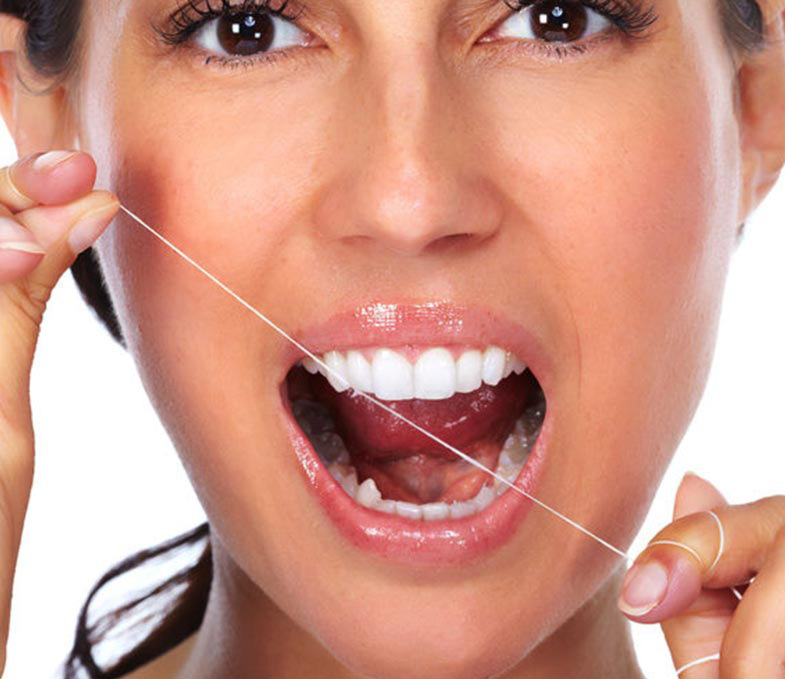4 Common Reasons for Sensitive Teeth
Sensitive teeth may sound very insignificant but it’s one of the most serious dental issues after dental decay seen by dentists worldwide. A recent survey done in Australia revealed that at least 45% of families have at least one member that’s affected with tooth sensitivity So what is sensitivity of teeth? Sensitivity can be described as a sharp and short sensation of pain experienced while consuming anything hot, cold or acidic in nature. Some people may also experience sensitivity even while having something sweet. How does sensitivity occur? Sensitivity is primarily caused with the exposure of dentine. Our teeth has an outer hard coating called enamel. Lying beneath enamel is dentine which provides the bulk of the tooth. Dentine houses extremely thin tubules, in which rest the nerve endings of the tooth. When the tooth loses its first layer of enamel, dentine is exposed. Hence, the food and drinks we consume gain an easy access to the nerve endings of the tooth, stimulating them and eliciting the response in the form of sensitivity. What are the four most common reasons of sensitivity? Let’s explore the four most common reasons of tooth sensitivity-
- Vigorous brushing of teeth- some people believe that, the harder you brush your teeth the whiter it becomes. Brushing your teeth is used to remove food particles and eliminate the building of plaque and bacteria in your mouth. Rough and vigorous brushing will damage your enamel, exposing the dentine which then causes tooth sensitivity.
- Heavy consumption of acidic beverages or foods- Frequent consumption of carbonated drinks, citrus, pickles or anything acidic can erode the enamel thereby, exposing the underlying dentine. It is recommended to abstain from eating or drinking anything that’s acidic in nature or at least reduce the frequency and quantity of consumption.
- Clenching or grinding of teeth- Those who have the habit of clenching or grinding their teeth unintentionally in sleep or otherwise, may have tooth sensitivity. Night guards can help the problem of clenching and grinding to some extent. It’s advisable to always speak to your dentist first before using a night guard.
- Gum problems like gum recession- Receding gum line is secondary to inflammation of gums. Gum recession expose the root surfaces of a tooth where the enamel layer is absent. This results in tooth sensitivity.
Dental hypersensitivity requires specialized help and may not work through home remedies. If you have sensitivity and are looking for relief, book an appointment to see our friendly dentists at North Road Dental Clinic today.





